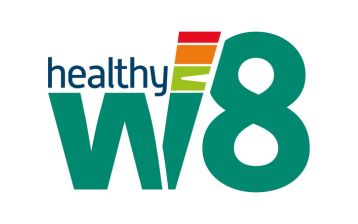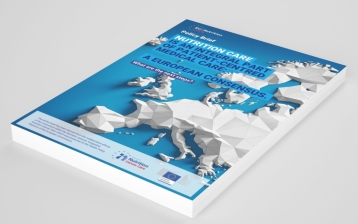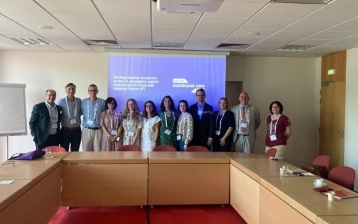
NUTRITION EDUCATION IS A GREAT ABSENTEE IN THE CURRICULUM OF EUROPEAN DOCTORS
ESPEN LAUNCHES THE EUROPEAN MANIFESTO TO FILL THE TRAINING GAP
“During the medical training at the University the students should receive mandatory information about human nutrition in its three different domains, including basic nutrition, applied or public health nutrition and clinical nutrition”, as indicated in the “Manifesto for the Implementation of Nutrition Education” just released in Nice during the ESPEN-NEMS meeting.
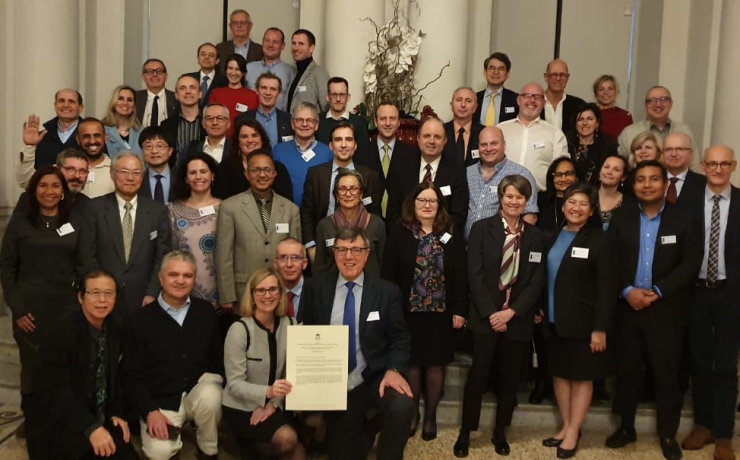
NEMS meeting Nice Jan 19th. 51 delegates from 34 countries (not only Europe), and 13 deans/vicedeans/rectors
“Nutrition education in undergraduate medical schools is heterogeneous and largely under-powered (...)
teachers and students believe that the time dedicated to nutrition teaching is insufficient and far from what would be needed.”
The recently published ESPEN position paper (2) has identified the “minimum curriculum knowledge” in nutrition that serves to improve the training of the future doctors. This has been transferred into the Manifesto which was issued and signed by the 51 participants, including delegates of 13 European Medical Schools, representing 34 countries.
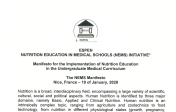
1. Cuerda et al – A clinical nutrition education in medical schools: results of an ESPEN survey – Clin Nutr (2017);36:915-6
2. Cuerda et al – Nutrition education in medical schools (NEMS). An ESPEN position paper – Clinical Nutrition (2019); 38: 969-974
ESPEN (European Society for Clinical Nutrition and Metabolism) is an organization dedicated to all issues relevant to the field of clinical nutrition and metabolism and promotes: basic and clinical research, basic and advanced education and organization of consensus statements about clinical care and care quality control.
NEMS is an initiative of the ESPEN Nutrition Education Study Group (NESG)
Press Office NEMS Manifesto
Mrs. Johanna Rossi Mason
Mason&Partners
Mobile 0039-347-2626993
jrossimason@gmail.com
Rome – Italy


